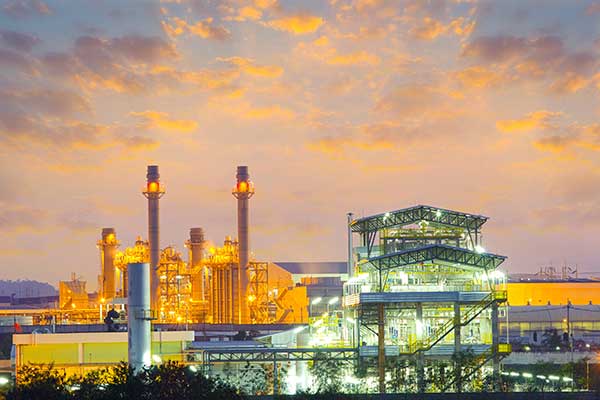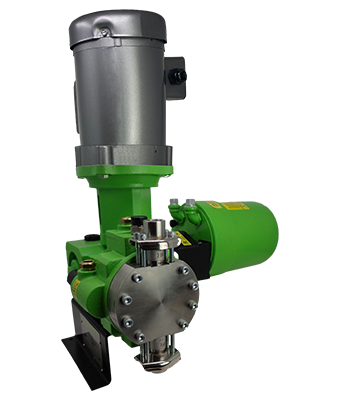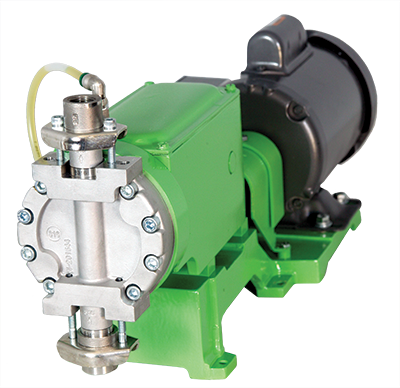API 675 PUMPS

The API 675 specification identifies requirements for reciprocating metering pumps used in the petroleum, petrochemical and gas industry services. It provides a framework for pump manufacturers and purchasers to agree on the design, fabrication and testing of a metering pump.
Since 2014, a number of exceptions and waivers have been allowed to this specification – for items such as studs, fasteners, flanges, relief valve settings, external parts, bolting materials, flexible couplings, baseplates and other ancillary items. A variety of clarifications stipulate how flow & pressure tests should be performed, and additional stipulations define how documentation should be provided. Pulsafeeder’s PulsaPro metering pumps – which are widely used in refineries and petrochemical plants – address all of the stipulations without exception.
Why is it important to adhere to API 675 standards without exception?
The API 675 Spec serves many masters and allows customers to address exceptions in numerous ways. The most important question that end-customers should ask is: “Who makes the decision for how exceptions will be met?” Does the end user make the call? Or are these decisions being made for them, by OEMs or EPCs?
Although oil & gas markets have recovered from the most recent downturn, CAPEX budgets (in many cases) have not returned to their previous levels. This has placed cost pressures on almost every new project. In an effort to save money, some OEMs and EPCs might view API 675 requirements through a less-stringent lens. By looking past every waiver or exception, some integrators might take a short-term-view, and seek up-front cost reductions by using less expensive and less robust pump designs (such as Mechanically Actuated Diaphragm or peristaltic pumps) for applications like industrial water treatment.
While these less expensive pumps may offer initial cost savings, they are not designed to run for 20, or 30 years the way fully-compliant API 675 Hydraulically Actuated Diaphragm (HAD) pumps are. More importantly, they cannot match the reliability and the safety provided by a double-diaphragm, HAD design with leak detection capabilities.
The stories featured on this page illustrate the benefits of deploying fully-compliant API 675 metering pumps in refineries, petrochemical plants, and offshore oil & gas environments. When plant uptime and worker safety matter above all else, it’s important to adhere to standards without exception.
Common Products for this Application

PulsaPro
PulsaPro Series is a perfect fit for Water & Wastewater Treatment, Oil & Gas and Industrial applications.

Pulsa Series
From thin fluids to lime slurries, materials of construction for contact with the most hazardous chemicals and features and options to provide safe, remote and accurate dosing, count on Pulsa Series for the most demanding applications.
Want to talk Petrochemical?
Pulsafeeder works extensively with world’s largest EPC and Petrochemical Companies in Upstream/Midstream/Downstream segments. We understand the process, and the requirements for Petrochemical Industry. We invite you to contact us, we love to talk about the products, packages and support that Pulsafeeder can provide.
